Understanding the causes of vaginal dryness will help you treat this common condition
From menopause to diet, these are the factors that could be making you dry down there
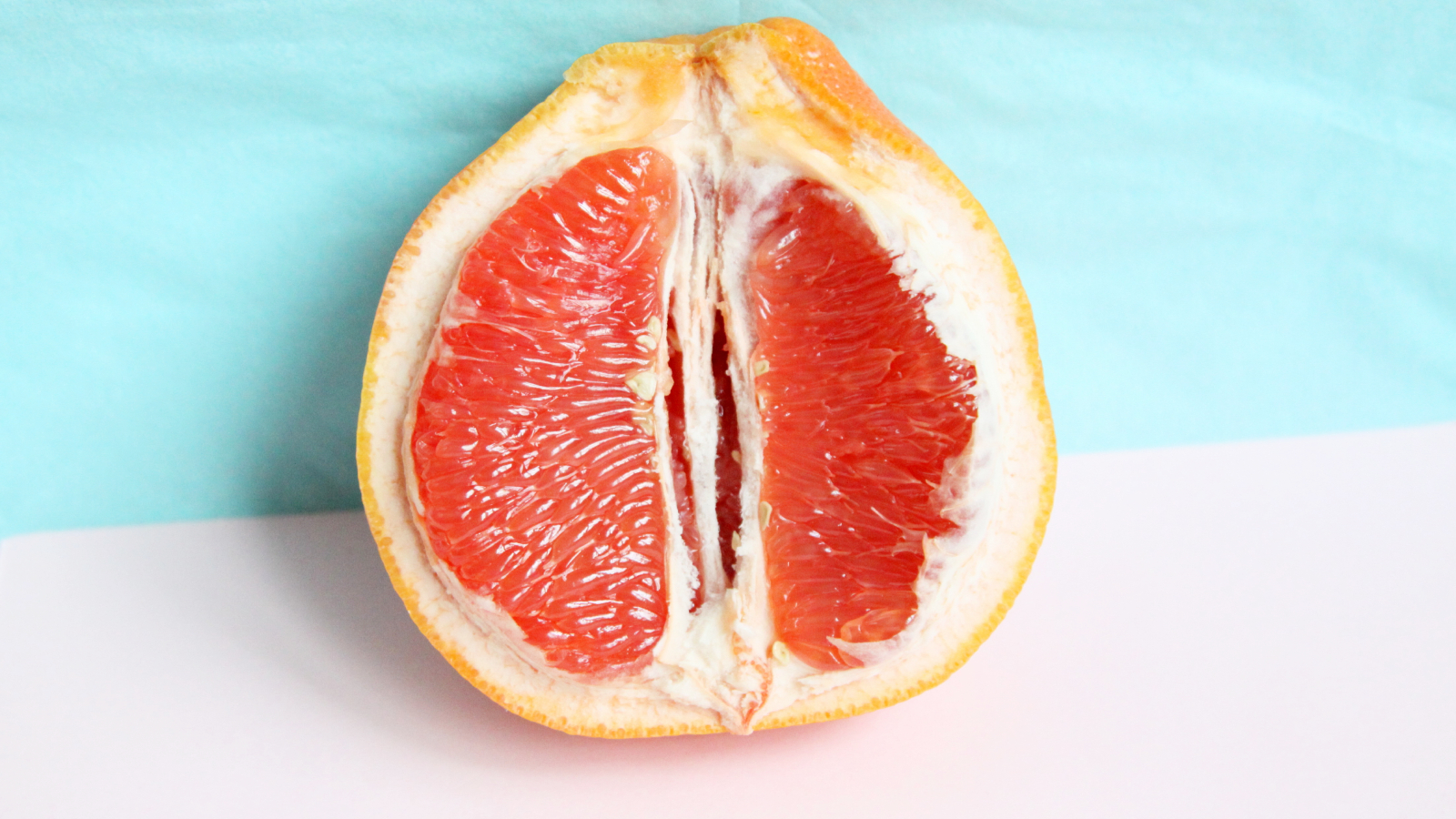

The causes of vaginal dryness are nothing to be ashamed of or embarrassment about. Dryness of the vaginal walls happens for a number of years, some are even beyond are control.
Vaginal dryness can cause a prickling sensation, itching, burning and vulva pain. It can often be most noticeable during sex but can also make it uncomfortable to insert tampons or menstrual cups, or use penetrative sex toys.
The good news is, there are effective vaginal dryness treatments out there. Once you figure out the cause of your symptoms, whether it's down to your hormones or your shower routine, you can then find the best treatment for you. With the help of experts, we run through four of the most common causes of vaginal dryness and what to do about it.
Common causes of vaginal dryness
1. Menopause
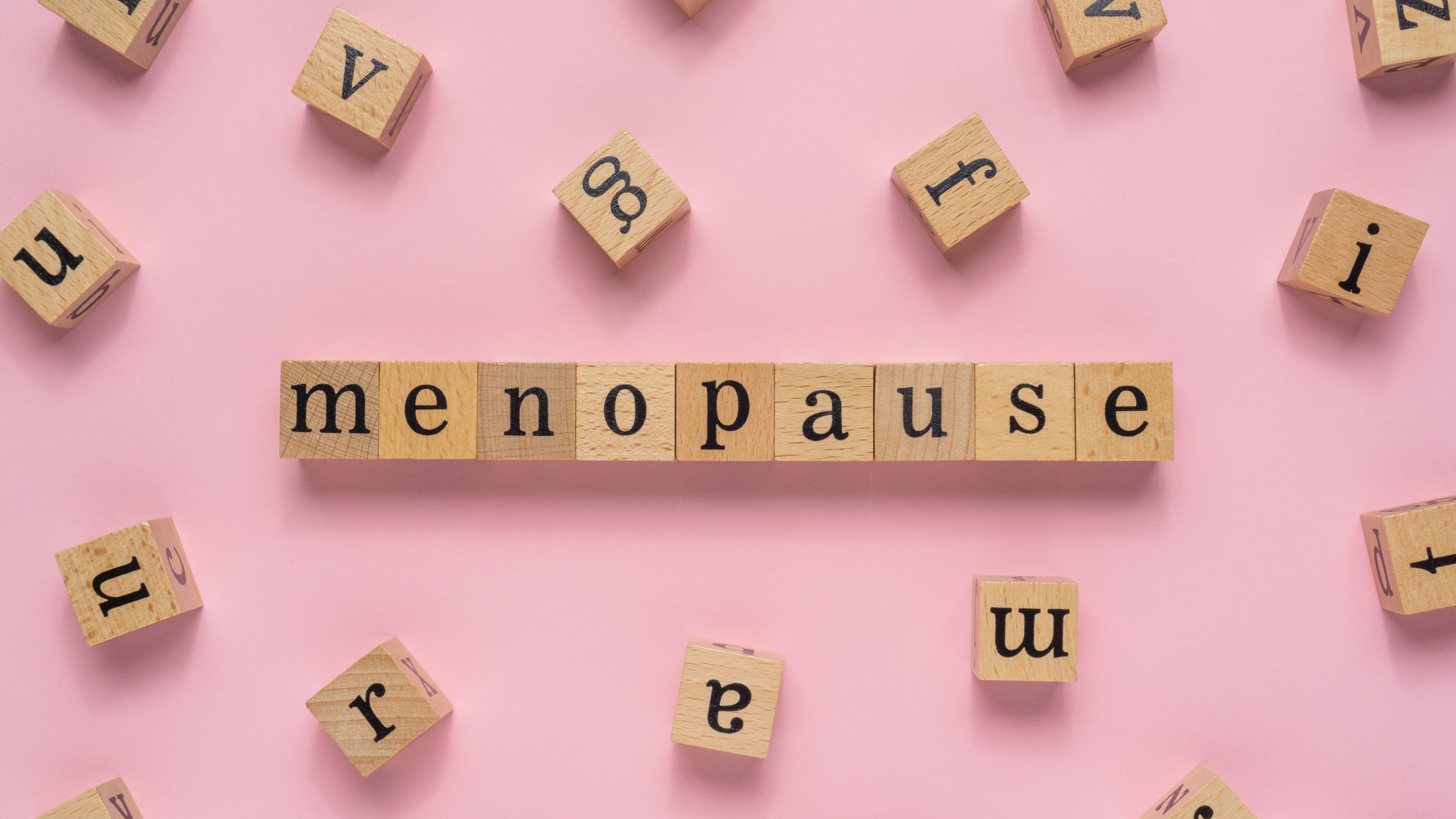
The most common cause of vaginal dryness is lack of estrogen, which women experience during menopause. The hormone is essential for maintaining the vagina’s acidity levels, elasticity, and lubrication. When these levels drop during menopause, the lining of the vagina becomes thinner and less elastic, and the glands close to the cervix produce less lubrication explains hormone expert Dr Martin Kinsella. "Estrogen is one of the hormones that contribute to regulating water levels in your body. As the levels of estrogen in your body will continually drop this will affect your fluid balance," Dr Kinsella adds. This can also cause vaginal atrophy, where the vaginal walls become thin, dry and inflamed.
2. Hormonal imbalance
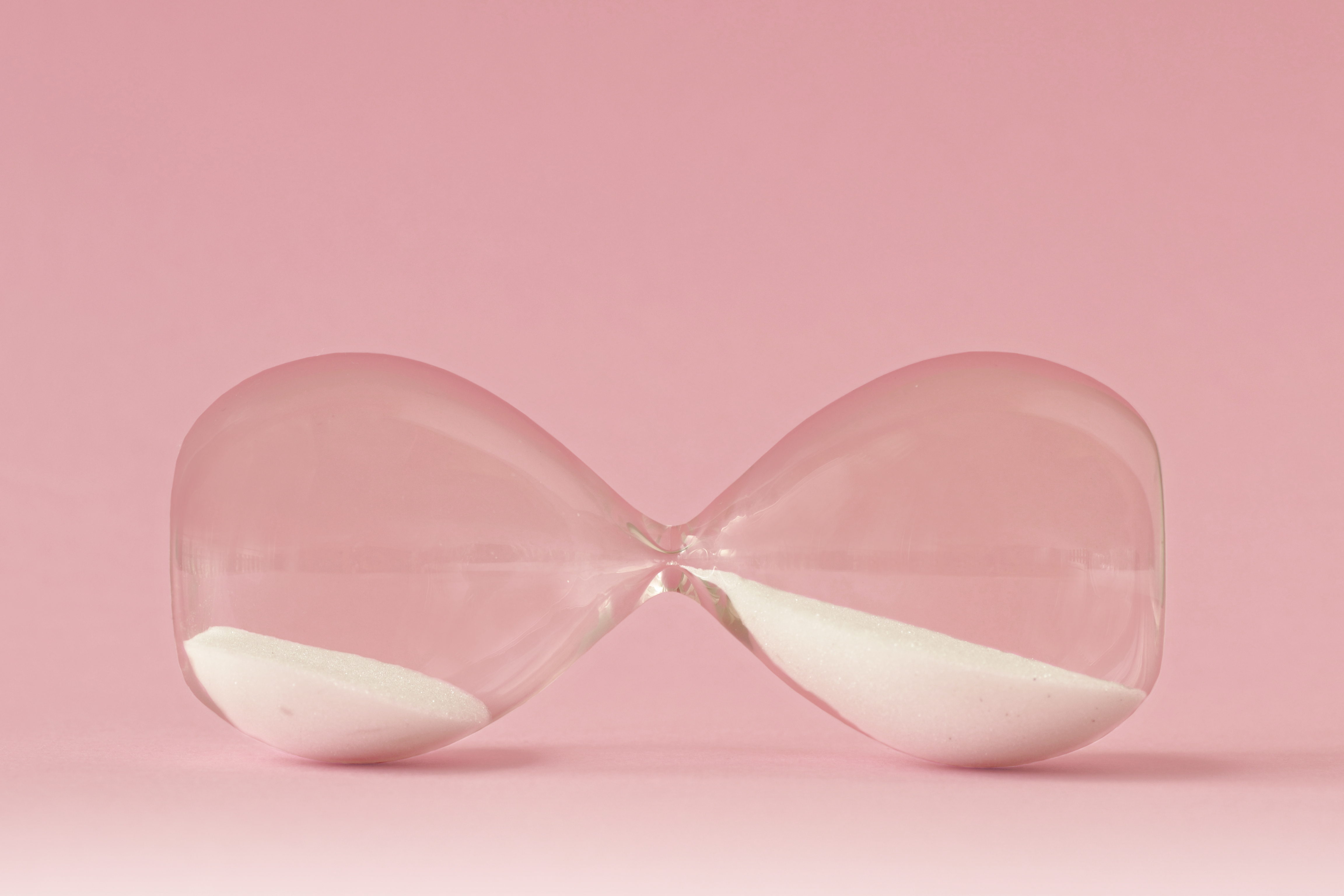
YOU MIGHT ALSO LIKE
At woman&home we champion women's health. For relatable, practical, and honest advice on topics that affect women, take a look at our guides to:
• why kegel exercises are so important for your health
• six possible reasons for a sore vagina—and what to do about it
• what causes thrush? How to prevent recurring vaginal yeast infections
Women can experience hormonal imbalances at any age, and this can also cause vaginal dryness. Hormonal imbalances can be affected by anything from diet to poor sleep hygiene.
Our hormone levels shift throughout our cycles so you may find your vagina feels much healthier during certain phases of your cycle. Many people experience dryness just before or just after their period and this is directly related to levels of estrogen fluctuating in the body. You may also notice the skin on your face and body is drier or oilier during certain times of the month. Tracking this using a period tracking app or a diary can be extremely helpful.
Increased stress raises cortisol levels in the body, which can affect the gut microbiome and vaginal microbiome, prompting chronic stress, gut issues and sleep problems Being mindful of your lifestyle, eating foods for a healthy vagina and ensuring you have a solid bedtime routine to promote a restful sleep are all ways you can keep your vagina happy.
Sign up for the woman&home newsletter
Sign up to our free daily email for the latest royal and entertainment news, interesting opinion, expert advice on styling and beauty trends, and no-nonsense guides to the health and wellness questions you want answered.
3. Low libido
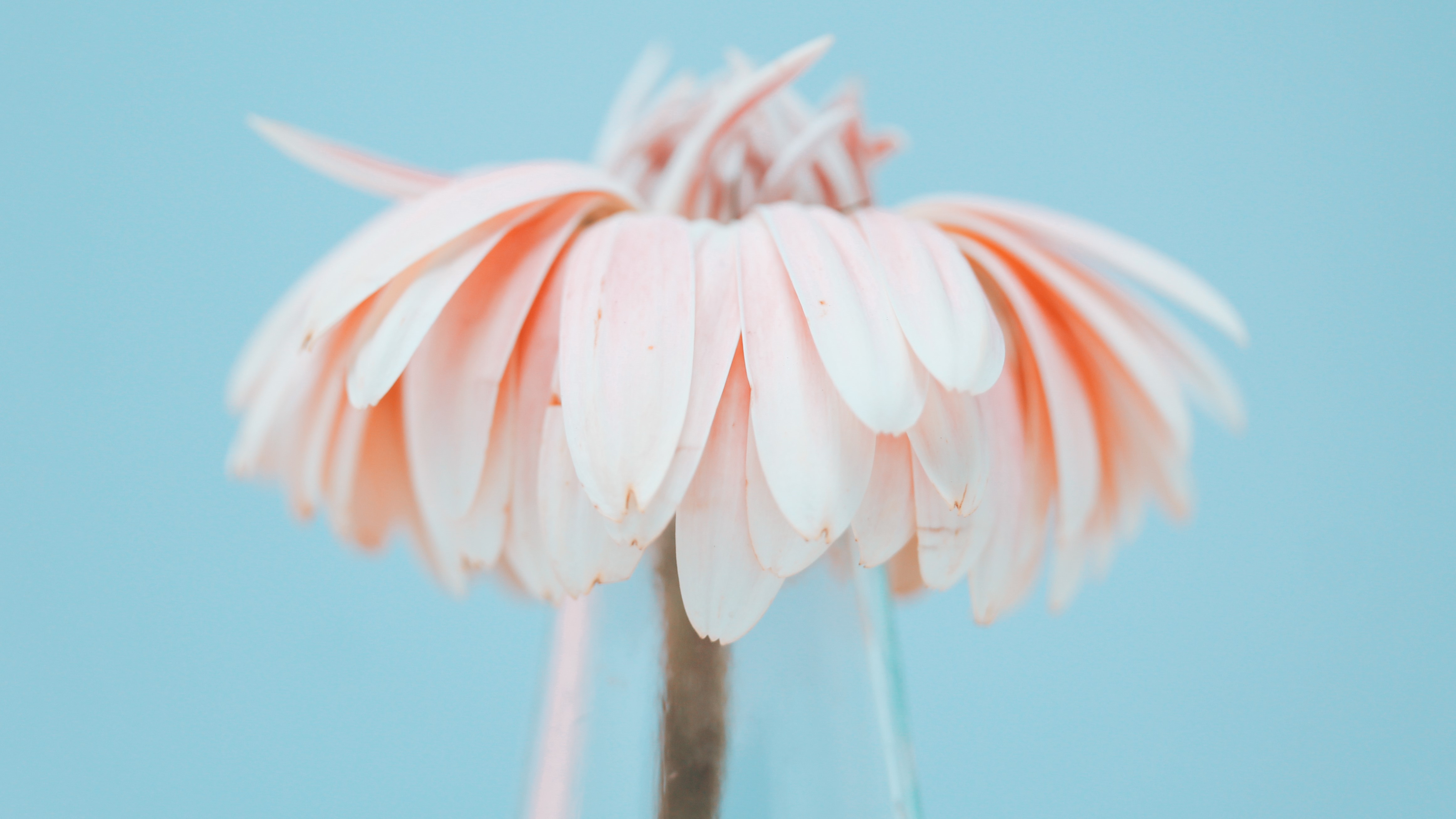
A woman's sex drive changes throughout her life, and you might notice vaginal dryness around the time your desire or arousal levels are low.
Many women believe the fault lies with them if they’re unable to ‘get wet’ but usually, dryness is an indicator that more time is needed in order to become fully aroused. The Bartholin’s glands don’t produce fluid unless you’re relaxed and turned on. For this reason, communication is essential when getting it on with a partner. Spending more time on talking, texting, foreplay and sexual fantasies before any kind of intimate contact or penetration can be all it takes to solve the problem of vaginal dryness during sex.
However, there are some factors that affect the Bartholin’s glands that are out of your control. Certain medications (such as antidepressants) can lower your libido. If this is the case, opting for a body-safe lube could be the answer (see our guide to the best lube for top picks). There’s no shame in using lube, it makes sex more enjoyable and is great for intimacy with a partner or for a solo session with your best sex toys.
4. Hygiene
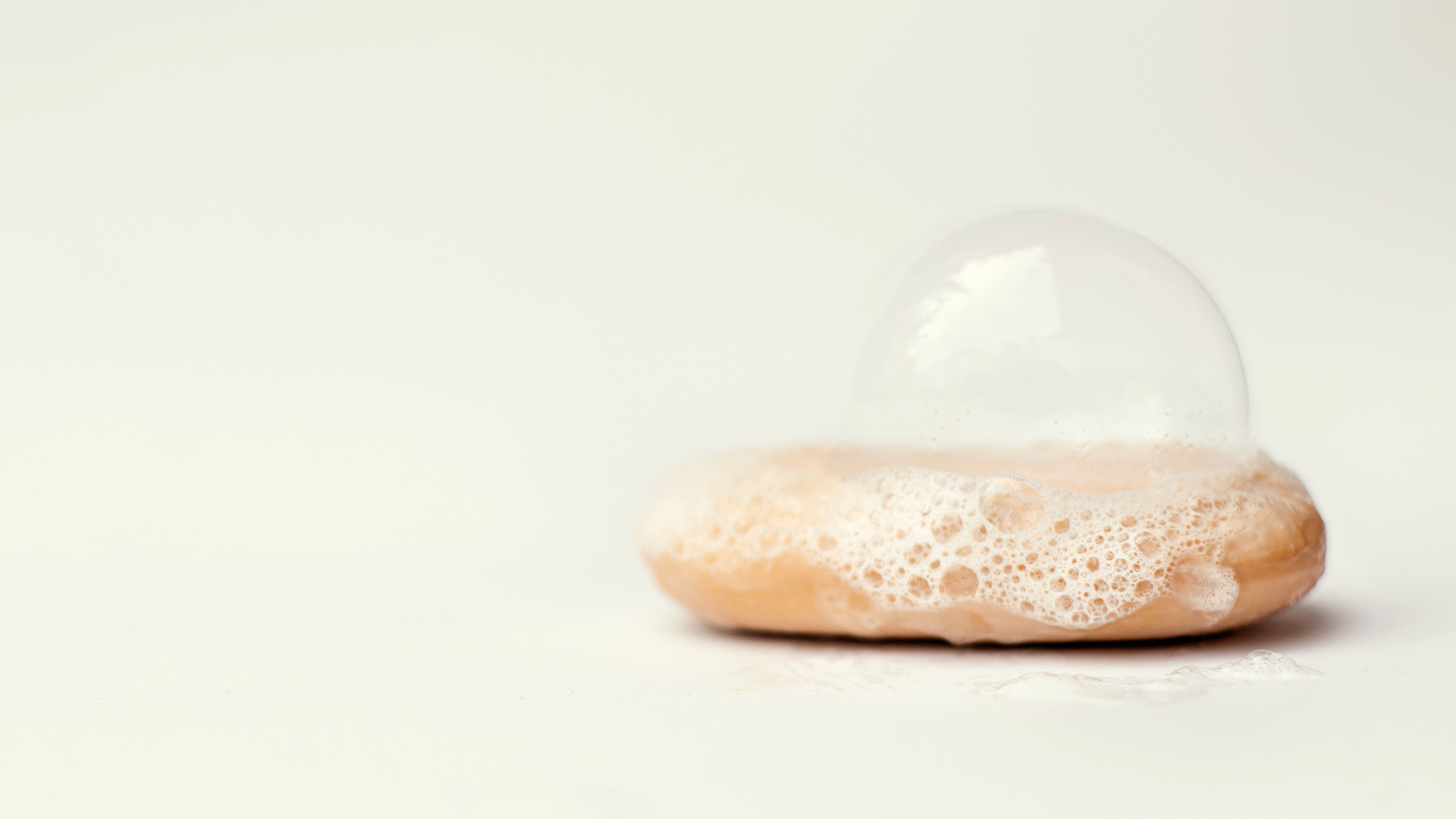
How you care for your vagina and your body more generally can also affect whether you feel dry down there. Washing with scented soaps and products that could upset your vagina’s natural flora can cause dryness, itching, and discomfort. Douching will also cause these symptoms so it’s best to avoid it. The vagina is self-cleaning but if you plan to use a product like a wipe or wash, make sure it’s body-safe and pH balanced.
What are the treatments for vaginal dryness?
If you are experiencing vaginal dryness, you should contact your doctor to discuss your symptoms and determine the root cause so you ensure you find the right treatment for you.
The most common vaginal dryness treatments include:
- Estrogen creams and hormone replacement therapy—used to replace the estrogen your body no longer makes during menopause. As well as treating vaginal dryness, hormone replacement pessaries, patches, tablets, and creams can also help with other menopause symptoms such as night sweats and hot flashes.
- Diet changes—a diet rich in phytoestrogens (aka plant-based estrogens) is an easy and natural way to stabilize your hormones and encourage your body to produce more moisture. Think organic soy, flaxseed, lentils and chickpeas.
- Topical creams—store-bought creams and oils can also help treat vaginal dryness. Look for Vitamin E oil and almond oil-based products, and speak with a pharmacist or doctor to find the best option for you. Avoid using perfumed products on your vulva.
- Lubricants—body-safe lubricants that are paraben-free, non-scented and water-based are great for sensitive skin and can help combat vaginal dryness during penetrative sex. Always use water-based lube when using condoms, and save luxurious oil lubes for solo masturbation sessions.
w&h thanks hormone expert Dr Martin Kinsell and GP Dr Dawn Harper for their time, expertise and guidance.
Emilie Lavinia is a writer, entrepreneur and women’s wellbeing advocate. She is passionate about femtech, closing the gender health gap and campaigning for education and transparency across mental, physical and sexual health. Emilie presents All Being Well – a series that investigates the concept of wellness, good health according to experts and what it means to ‘be well’. She has a decade of experience as a journalist, editor and brand strategist and is the founder of four separate organisations that champion women’s health, marginalised communities and LGBTQ+ people.
-
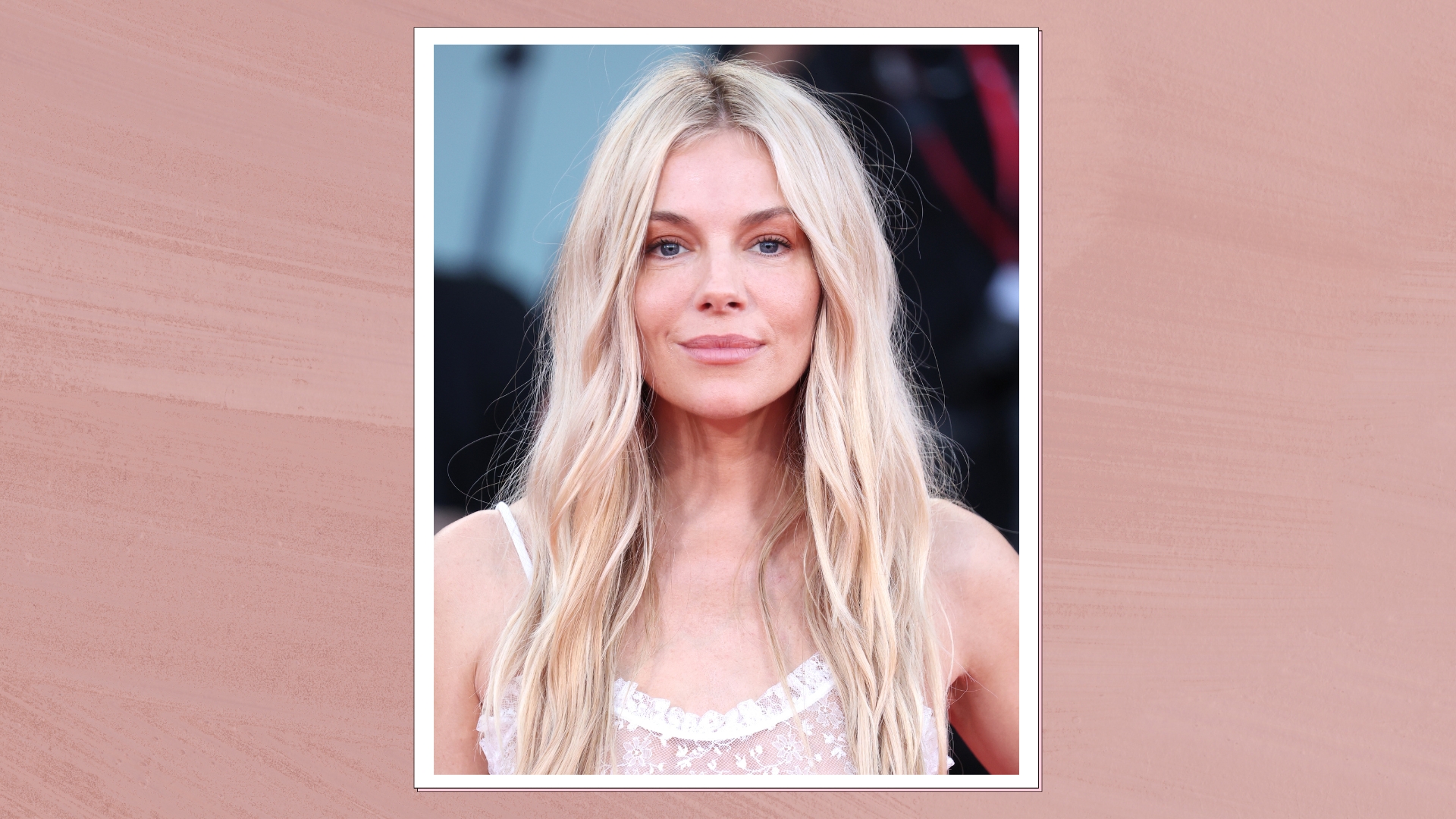 We're in awe of Sienna Miller's easy-going and 'piece-y' hairstyle and how perfect it is for spring
We're in awe of Sienna Miller's easy-going and 'piece-y' hairstyle and how perfect it is for springThis laid-back hairstyle is - quite literally - making waves this season
By Naomi Jamieson
-
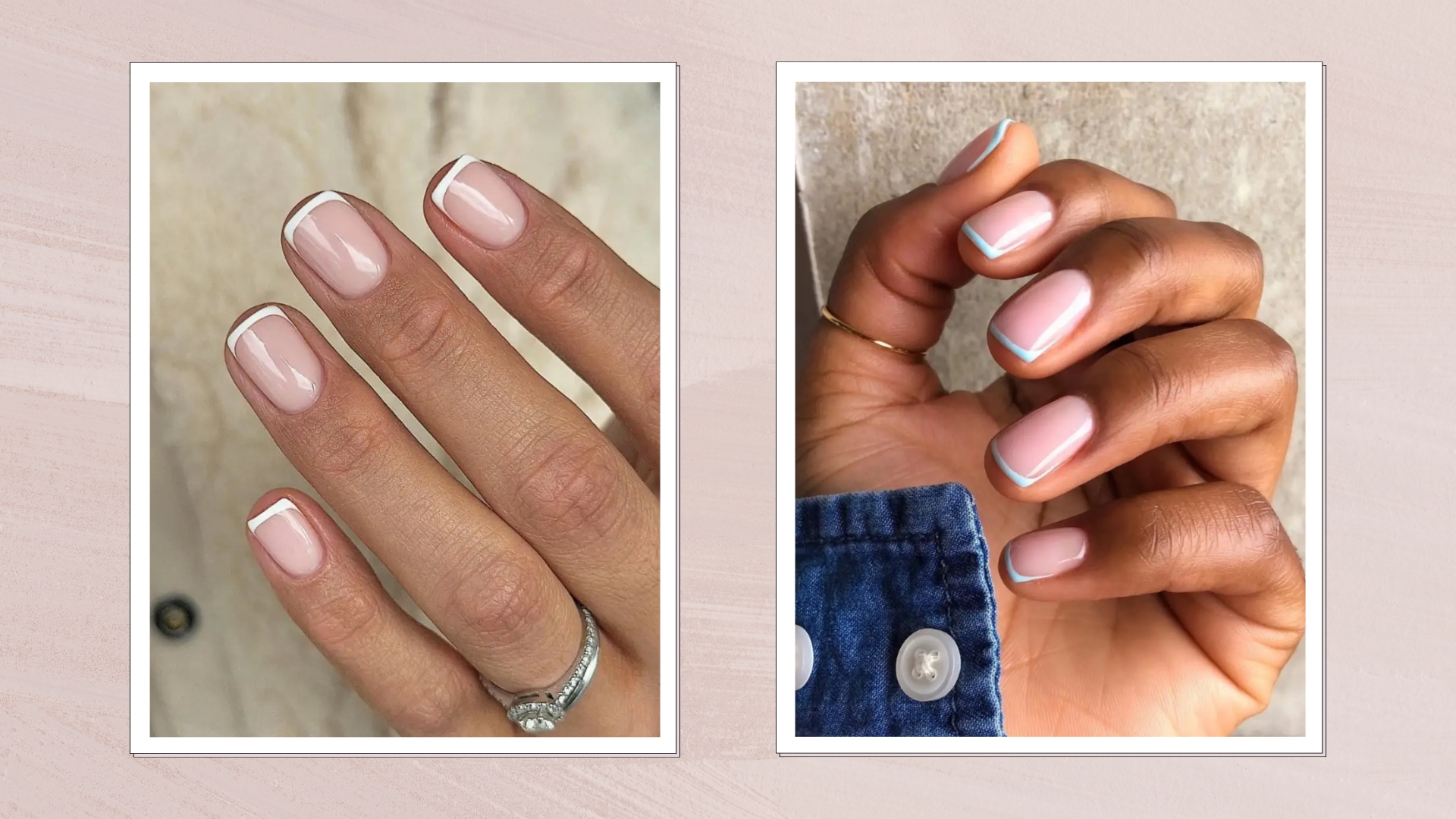 We never thought we'd see this 'dated' manicure make a chic comeback, but here it is - and we're on board
We never thought we'd see this 'dated' manicure make a chic comeback, but here it is - and we're on boardClean and angular, short square French tips are a go-to this season for a practical but stylish manicure...
By Naomi Jamieson